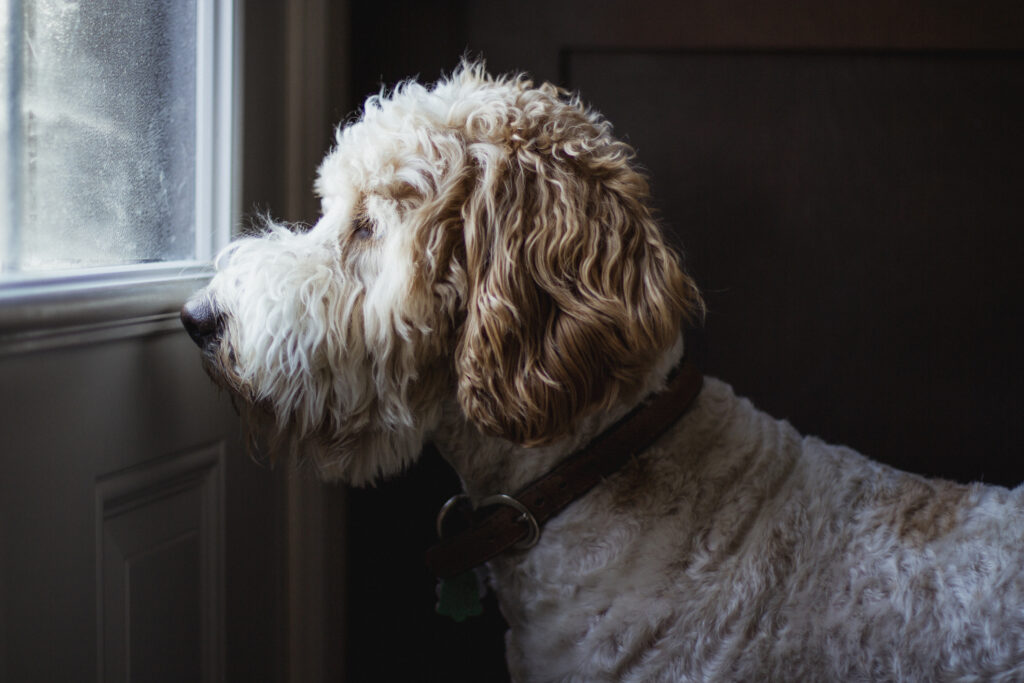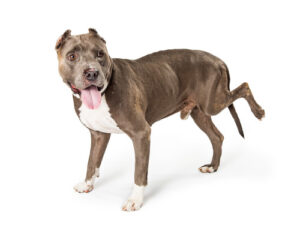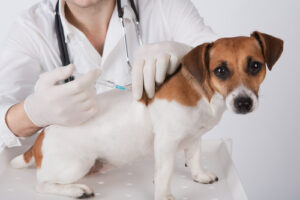Separation anxiety is a common behavioral problem in dogs, often triggered by their owners’ absence. As pack animals, canines are hardwired to be around others – it’s a basic instinct that helps them survive. So when their beloved human family members leave, some dogs may feel anxiety and distress. But how can you tell if it’s separation anxiety or just typical dog behavior?
Recognizing the Signs of Canine Separation Anxiety
The first step in identifying separation anxiety in your dog is recognizing the symptoms. While some signs, such as barking or howling when you leave, are fairly straightforward, others can be less obvious. Common symptoms can include destructive behavior, attempts to escape, pacing, and inappropriate urination.
Distinguishing Separation Anxiety from Normal Canine Behavior
It’s crucial to understand that not every dog displaying these symptoms has separation anxiety. Dogs might behave in these ways for a variety of reasons, such as lack of training or insufficient exercise. However, if these behaviors occur primarily when your dog is left alone or separated from you, it may be a sign of separation anxiety.
The Difference Between Anxiety and Mischief
Separation anxiety is often confused with general mischievousness. But there’s a clear distinction: anxiety-driven behaviors happen almost exclusively during your absence, while mischievous behavior can occur anytime. Furthermore, separation anxiety often manifests as more intense and consistent reactions compared to the occasional shoe-chewing or garbage rummaging of a mischievous pup.
Why Does Separation Anxiety Develop?
There’s no singular cause for separation anxiety in dogs. It can develop due to changes in family, environment, or schedule, or it could be a result of past traumas. Also, certain breeds may be more prone to anxiety due to their genetics.
Changes That May Trigger Anxiety
Change is often difficult for dogs. Moving to a new home, a new family member, or even a change in your work schedule can all potentially trigger separation anxiety in your dog. It’s crucial to recognize these changes and their potential impact on your pet.
What to Do If You Suspect Separation Anxiety in Your Dog
If you’re concerned your dog may have separation anxiety, the best thing you can do is consult with a professional. Minnieville Animal Hospital in Woodbridge, VA, offers comprehensive behavioral consultations to help identify and address this and other behavioral issues. We’re here to support you and your pet every step of the way. To make an appointment, call us at (703) 680-4000.





